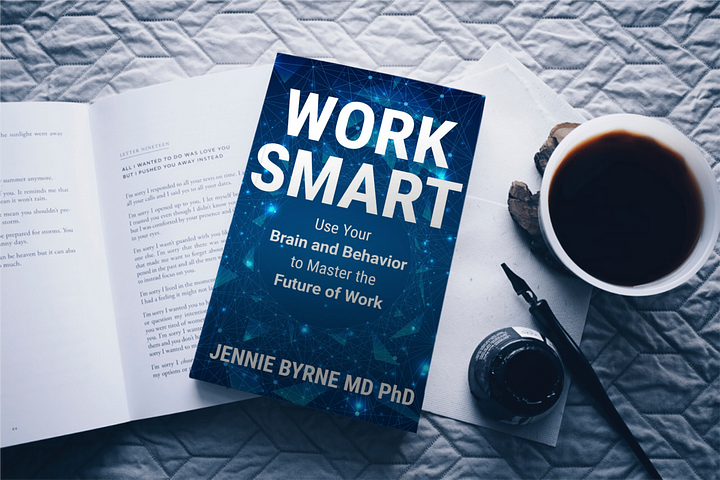While some of the solutions to virtual work are likely to come from big ideas from creative individuals, we can implement small solutions now. Whether you are an entry-level employee, a manager, a leader, or a CEO, you can take action now to make virtual work easier and more enjoyable. I see most people waiting for someone else to give them the answers:
“Human resources (HR) will tell me how to work with people virtually.”
“IT will tell me how to use my tech successfully.”
“My boss will tell me how to manage my time working from home.”
At the beginning of the pandemic, I was also waiting for the answers. I waited for organizational leaders to tell me how to work virtually from home. I waited for the media to publish amazing articles on how I could improve my performance working from home. After a few months, the answers were not coming quickly enough to help me. I decided to do my own research and try to connect the dots between my knowledge of the human brain, behavior, creativity, and how to work successfully in a virtual setting.
I have now, like many others, been working virtually for over two years at the time of this writing. I have found cognitive frameworks based on my experience, which have helped me make a series of small changes in my own work settings. Along the way, I found other people who are also looking for small steps they can take now to make their virtual workspace better for themselves and their teams.
The future is now, and despite the discomfort and pain, there is good reason for optimism. We have the opportunity to synthesize our knowledge about the history of work, and about our brains and our behavior, to inform how we work in the future. We have the opportunity to challenge old assumptions and work smarter. The future of work is about being better humans







